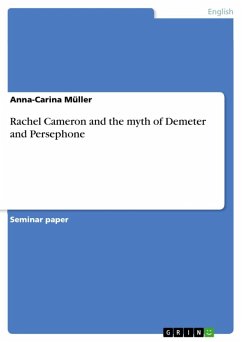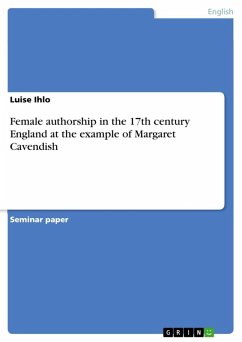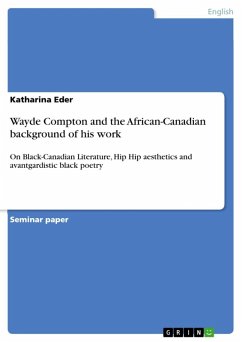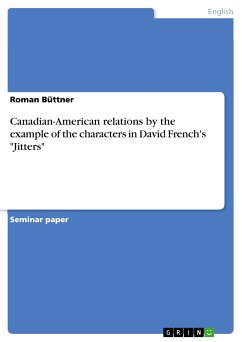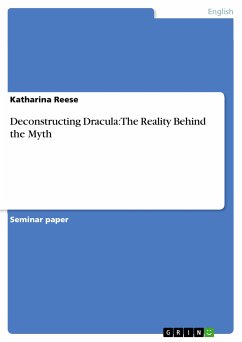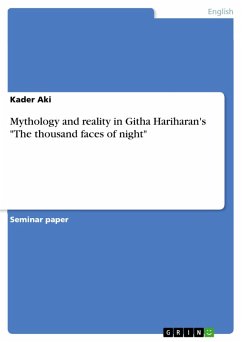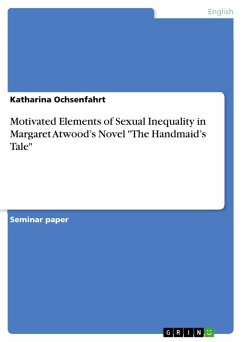Seminar paper from the year 2007 in the subject English Language and Literature Studies - Literature, grade: 2,0, University of Münster (Englisches Seminar), course: Canadian women's writing: Margaret Laurence's Manawaka cycle, language: English, abstract: This research paper endeavours to investigate the relation between Rachel Cameron, protagonist of Margaret Laurence's A Jest of God, and the Greek myth of Demeter and Persephone. Therefore, academic works are consulted as well as examples and citations from Margaret Laurence's A Jest of God are picked out, in order to confirm or emphasize certain aspects and ideas. First of all, some general facts of a mother-daughter relationship are given, in order to establish a relationship to the principal topic of this research paper, from Jungian theory to Eleusinian mysteries. To relate the myth of Demeter and Persephone to Rachel Cameron in an as detailed manner as possible to Rachel Cameron, there will, firstly, be an analysis of Persephone's role in A Jest of God, by means of drawing parallels between Persephone and Rachel. Next, the close relation between life, death and fertility is to be investigated, in order to establish another relationship between myth and novel, and, further, it shall be investigated, in how far Demeter is represented in the protagonist Rachel and not only in her mother May. The last point will be the conclusion which summarises the most important findings of this paper and tries to answer the question in how far the myth of Demeter and Persephone is represented in Margaret Laurence's protagonist Rachel Cameron. In her novel A Jest of God, Margaret Laurence obviously establishes a connection to the Greek myth of Demeter and Persephone. In opposition to the eternal dyad between mother and son, which, according to Adrienne Rich, is always the representation in divinity, sociology, art and psychoanalytic theory , Laurence, in her novel A Jest of God, narrates the story of the close bonding between Rachel Cameron and her mother May. According to Nancy Bailey, Laurence can be regarded as a Jungian writer: The parallels between the phases of Jung's theory and of Laurence's fiction reveal the novelist as spiritually akin to the psychologist; her work has the scope and articulation of a complete cultural myth which lends itself appropriately to Jungian analysis. The fact that Laurence creates a protagonist, in this case Rachel, who embodies some aspects of Jung's idea of individuality , necessitates a closer look at Jung's theories . Referring to the mother-daughter relationship, Jungians analyse archetypes and the Eleusinian mysteries , which directly lead to the main topic of this work: Greek mythology in Laurence's A Jest of God.
Dieser Download kann aus rechtlichen Gründen nur mit Rechnungsadresse in A, B, BG, CY, CZ, D, DK, EW, E, FIN, F, GR, HR, H, IRL, I, LT, L, LR, M, NL, PL, P, R, S, SLO, SK ausgeliefert werden.

